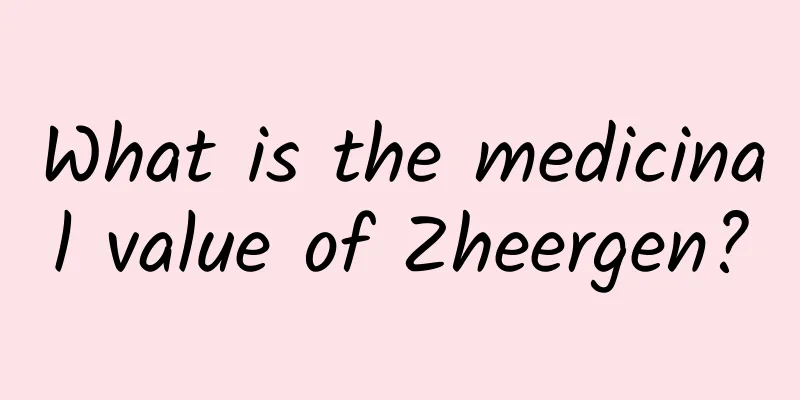Postpartum wrist tenosynovitis

|
The main cause of postpartum wrist tenosynovitis is hormonal changes, and it may also be caused by an increase in blood volume. Therefore, we should understand the cause of postpartum wrist tenosynovitis, which can be of great help in treating this symptom. Regarding the causes of postpartum wrist tenosynovitis, I hope you can understand the following content. Reasons for postpartum proneness to wrist tenosynovitis 1. Hormonal reasons. The hormones produced in certain cells, tissues or organs in a new mother's body fluctuate differently than usual. 2. Increased blood volume. After becoming pregnant, a woman's body blood volume will increase, which can easily induce congestion and edema of the tendons and tendon sheaths. 3. Blood flow increases. When a woman is pregnant, the blood flow to her hands increases rapidly. 4. Maintain the hold for a long time. Most of the movements of the hands require the coordination of the thumb and palm, and postpartum mothers spend more time holding their babies and cannot give their hands enough rest, so the probability of suffering from wrist tenosynovitis is relatively high. Treatment of wrist tenosynovitis 1. Exercise therapy There are many gentle and effective exercise methods, such as putting four fingers together to support the table and applying counter pressure, wrist rotation exercises, etc. 2. Traditional Chinese Medicine Treatment Tenosynovitis is caused by excessive local labor, improper use of force, or exposure to cold, which leads to insufficient blood circulation and damages the tendons and veins. Traditional Chinese medicine treatment can invigorate blood circulation, remove blood stasis, harmonize Qi and blood, activate meridians, reduce swelling and relieve pain, thus promoting the smooth flow of Qi and blood, and allowing blood circulation to local damaged tissues, thereby healing them. 3. Surgery If the disease is not feasible with early treatment methods such as massage + rest, local blockade, etc., surgical treatment should be adopted. After the operation, you should do activities to flex and extend your fingers to ensure the effect of the operation. It is best not to do manual labor within one month after the operation. New mothers do not need to worry too much about this disease. Generally, the discomfort will gradually subside and disappear after the breastfeeding period. You should relax and keep a good mood, otherwise your muscles will easily become tense, stiff, and numb, which will aggravate the condition and hinder the new mother's physical recovery. |
Recommend
What does a blood test for irregular menstruation check?
Menarche usually indicates that women begin to ha...
Can't bend little finger
The inability to bend the little finger is one of...
Is Dipsacus toxic?
Dipsacus is a plant belonging to the flower famil...
What causes headaches?
Poor sleep, high work pressure, neurasthenia and ...
Stomachache, stomach gurgling, what's going on?
Stomach pain is a very common phenomenon, which i...
How to regulate the constitution of upper heat and lower cold?
To treat a constitution of upper body heat and lo...
Eight-month fetal movement
Normal couples need to have children, and childre...
How to treat urethral stenosis
Urethral stenosis is most likely caused by urethr...
Why is there a piece of flesh at the anus?
The situation where there is a piece of flesh at ...
Symptoms and treatment of autonomic neurasthenia
Neurasthenia is a term that we all understand. We...
Why do my legs feel sore when I climb stairs?
In life, people often encounter various problems ...
What is anal swelling?
Generally speaking, the human body defecates once...
How to soak Rhodiola rosea in water
Soaking Rhodiola in water can treat diseases and ...
What are the dangers of drinking too much strong tea?
Drinking some tea properly on a regular basis is ...
How to recover faster after a lumbar fracture
Patients with fractures should remember not to be...









